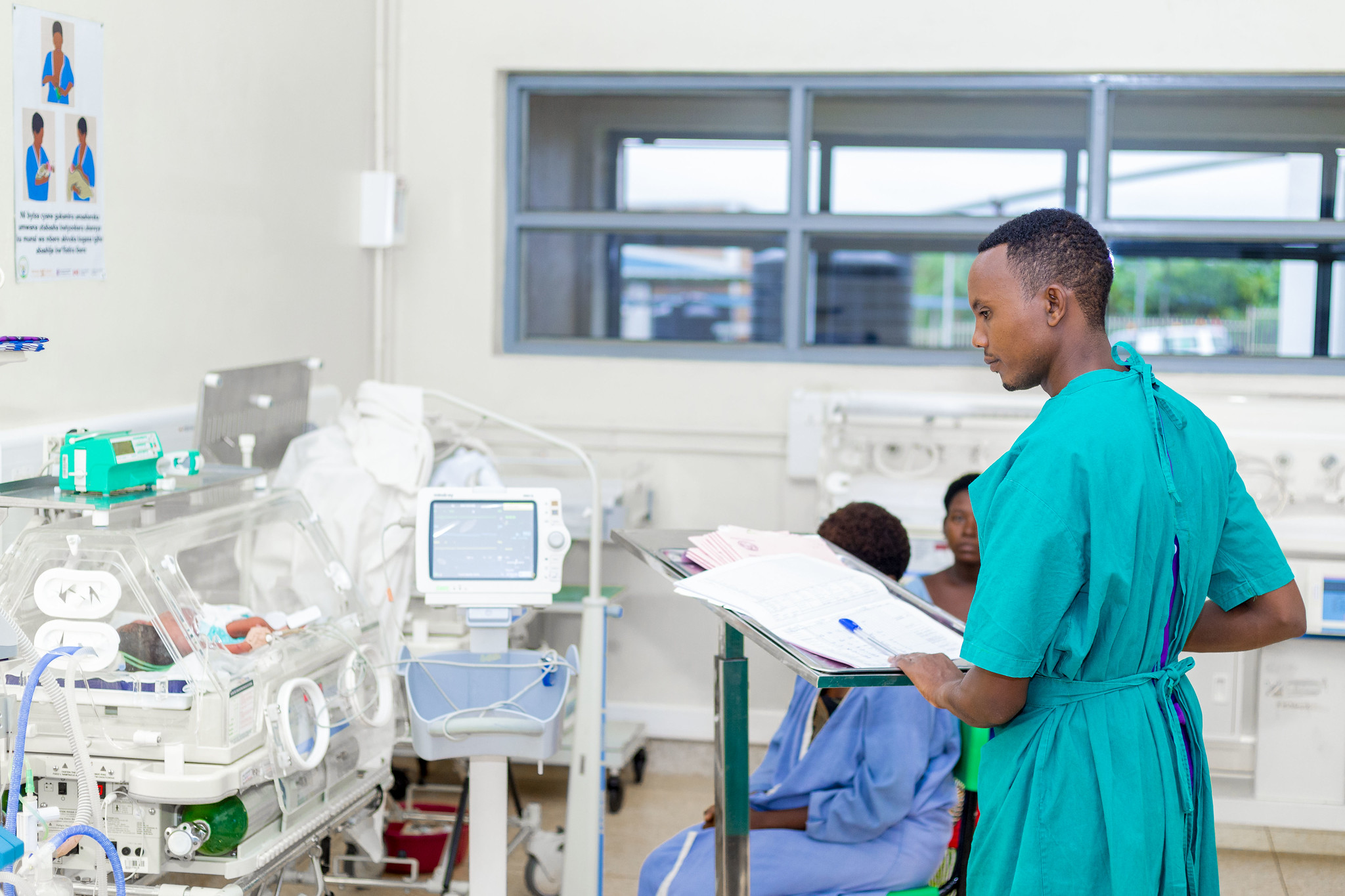

The government has over the past few years intensified efforts to scale up birth and death registration in the country, with the overall plan being to make sure that every citizen is accounted for, wherever they may be.
This is primarily being done to ensure that national planning is based on solid and accurate data to ensure maximum impact of the strategies laid out for the population.
However, the uptake continued to be low. Parents found it difficult to make the journey to sector offices to register a birth, while members of the family would only remember to register a death when they wanted to benefit from the deceased’s estate.
To make the process easier, government decentralized the exercise to medical facilities, meaning that medics will automatically register whoever is born there and anyone who dies from hospital will automatically be recorded in the civil registry.
This gave a serious boost to the campaign, and most especially backed by the fact that almost all Rwandans now can access medical facilities owing to the highly successful Mutuelle de Sante, the community based health insurance.
However, even with these initiatives introduced to ease proper records of births and deaths, there are still loopholes and the government is yet to achieve the targets set out which are having at least 95 per cent of births and 90 per cent deaths recorded on time in the civil registry.
According to members of parliament, some parents are still reluctant to record the birth of their children at medical facilities due to traditional rituals like one of baby-naming, which is known as Kwita Izina.
The legislators say that in their countrywide assessment, they found some parents who still cling to such rituals and thereby keep the babies without a name until the naming ceremony is held when the baby is around a month, which means that they will miss out on the opportunity to register the baby at birth.
There is a need for constant mobilization to ensure everyone is on board. Such rituals are no doubt important but then, they should be adapted to the modern times so that children are not deprived of this right at birth.
We must count so that we count!


